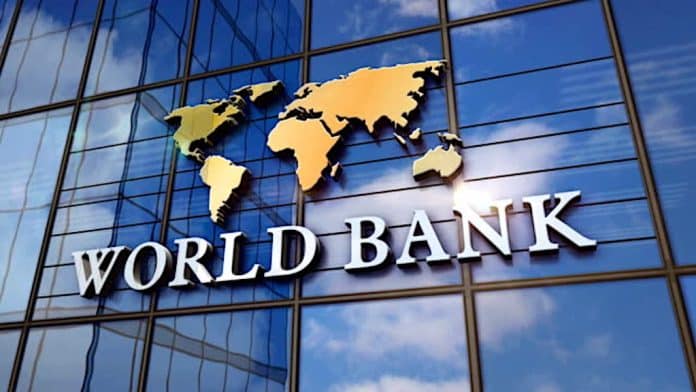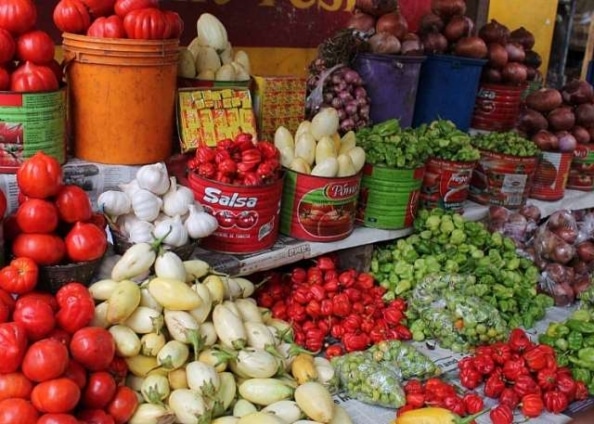
According to the April 2024 Commodity Outlook Report released by the World Bank, a significant drop in global food prices is expected in 2024 and 2025.
The report forecasts a 6 percent decrease in food prices in 2024, followed by an additional 4 percent decline in 2025.
This reduction is primarily attributed to lower prices for grains, oils, and meals, while some other food categories may see price gains in 2024. However, 2025 is projected to bring broad-based declines in food prices.
The grains price index is expected to fall by 11 percent in 2024 due to higher global grain supplies. Specifically, wheat prices are forecasted to decline by 15 percent in 2024, driven by increased production, with an additional 2 percent decrease projected for 2025.
These projections are influenced by factors such as strong export competition, slightly higher production, increased consumption, and the lowest end-of-season stocks-to-use ratio in eight years.
Global maize production is anticipated to reach a record high in the 2023–24 seasons, while global rice production is expected to remain steady, leading to the lowest stock-to-use ratio in three years.
Rice prices are forecasted to rise by 8 percent year-on-year in 2024 due to tight global markets and export restrictions imposed by India.
As global food prices are predicted to decrease, it remains uncertain how these changes will impact Ghana’s food market and the overall food security situation in the country.
In Ghana, however, the trend is different as food inflation has risen from 27.0 percent in February to 29.6 percent in March 2024.
This uptick in food inflation raises concerns about food insecurity in the sub-Saharan region.













